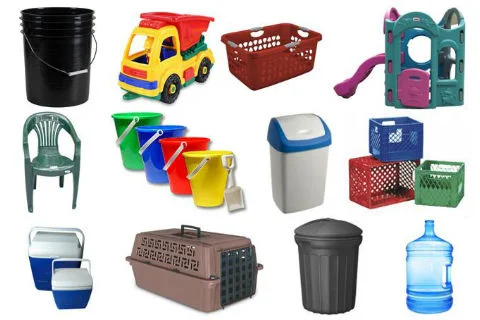Plastics as a Spiritual Crisis (Sasha Adkins)
Reposted from Wild Lectionary --
Plastics as a Spiritual Crisis: Psalm 118:22
The ever-increasing abundance of plastic trash in land, sea and bodies is, fundamentally, a spiritual problem. Plastics habituate us to accept unhealthy relationships—and not only because our use of them is so typically fleeting. The foundation of a healthy relationship lies in a celebration of the Other’s unique and intrinsic value; disposable plastics, however, are by design both fungible and instrumental.
We tend to project what we loathe onto “trash,” and then hold to the fantasy that by throwing away what is “used” and/or “dirty” we will ourselves be purified. I contend that this relationship to disposables habituates us to project a similar shadow onto other people, thus dehumanizing them.
There is a connection between how we treat objects, how we view our- selves, and how we treat each other. My ecotheology of zero waste affirms that all that is has intrinsic value and is good. Everything that is belongs and contributes. By disposing of any part of the whole, we are all diminished. Everything and everyone, no matter how broken, is needed to re-member the body of Christ. As Jesus said to the authorities of his time:
Have you never read in the Scriptures: “The stone the builders rejected has become the cornerstone; the Lord has done this, and it is marvelous in our eyes”? (Matt 21:42 citing Psalm 118:22; see Acts 4:11)
I see a parallel between this reference to the reclamation of material refuse and Jesus’ other teachings concerning the reversal of social position (“the last will be first”), the centrality in God’s plan of those on the margins, and the leadership of those who have been rejected. Conversely, throwing something away reinforces the mentality of a linear progression from birth to death, foreclosing the possibility of resurrection.
If we choose zero-waste as a spiritual discipline, we affirm that which is life-giving instead of toxic. We practice finding beauty, utility, and worth in the world around us and in each other. We call into being a world that is not a wasteland. And it is at the bioregional scale that we can most practically manage (and take responsibility for) our “garbage-shed.”
An apple producer in British Columbia has recently marketed pre-cut, genetically modified apple pieces (no doubt wrapped in plastic) because “in a convenience-driven world, a whole apple is too big of a commitment”. The temptation of such a “better apple” seems to me to be a parable of Eden’s Fall. With our earth groaning under the toxic pressure of trash—especially plastics—we can no longer claim ignorance of the consequences of, nor displace blame for, eating this apple. As seductive as it may seem, we must wean ourselves off of disposable culture, and muster a commitment not only toward whole apples, but to a zero-waste world. -- Sasha Adkins, 2017
###
Sasha Adkins is an environmental health researcher with strong interests in ecological justice and endocrine disruption. This post was excerpted from Watershed Discipleship: Reinhabiting Bioregional Faith and Practice (Myers, 2016).









